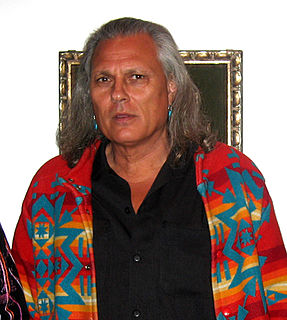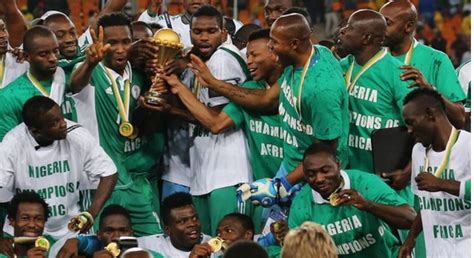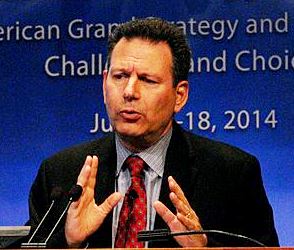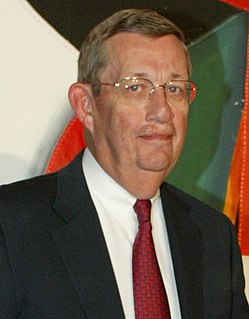A Quote by Morgan Parker
We can look at history and see that [political turmoil is] fertile ground for art.
Quote Topics
Related Quotes
Art movements are always linked to some kind of turmoil. We can look at history and see that [political turmoil is] fertile ground for art. I also think that it gives artists something, a way of kind of processing. My friends and I have all been super motivated to work and to do the work that we need to and want to and think should be in the world. Hard times are really a fire under your ass to prioritize and think, "Okay, how can I challenge myself to put something in the world that wasn't there that can reach other folks and help them to process"?
Imagine it's 1981. You're an artist, in love with art, smitten with art history. You're also a woman, with almost no mentors to look to; art history just isn't that into you. Any woman approaching art history in the early eighties was attempting to enter an almost foreign country, a restricted and exclusionary domain that spoke a private language.
Let me see: art and activism. I can always fall back on, "the question should be, what isn't political? Everything you do is political, even if it's abstract. You're making a political statement even if it's unwittingly." I think so much of art is unconscious anyway, the artist doesn't know the real reason they're doing it. They're just kind of going along with it intuitively.
People look at the future and see a black hole. They look at climate change and see an ecological crisis. They look at their leaders corrupted by money and see a political crisis. They wonder if they'll ever be able to pay off their student loan or own a house. Given this ecological, political and financial crisis, what they want is a different future. Their fundamental demand is a different regime to provide that future.
What I'm suggesting is we are going to look back, and we're going to see what happened in Syria, and we're going to see the larger destabilization of the Middle East, the rise of extremism, and we're going to wonder... Why didn't we at least try to force a political solution - at an acceptable cost to us, because no one is saying we should send in ground troops - and if we did it would be worse than doing nothing... If we do not act, we are going to look back and wonder why we didn't.






























